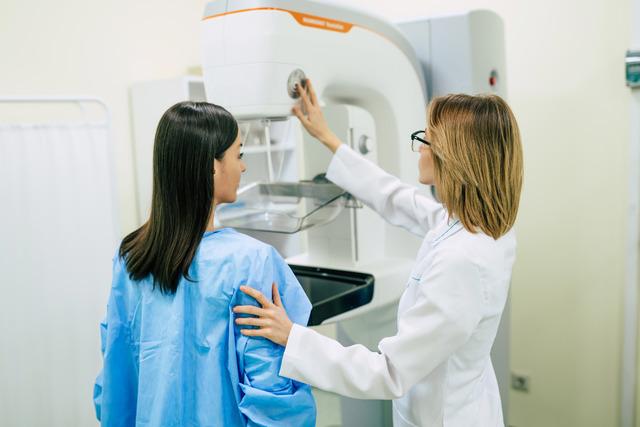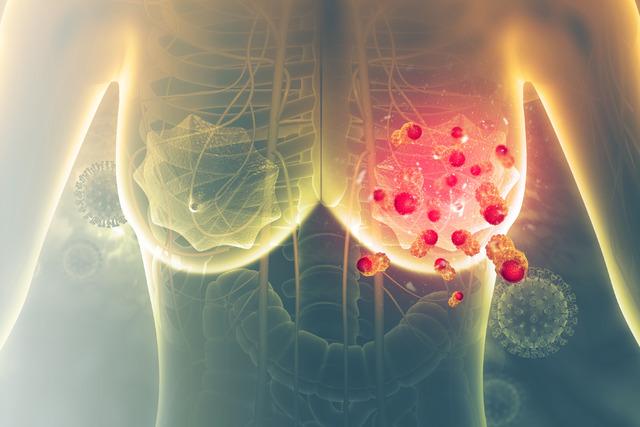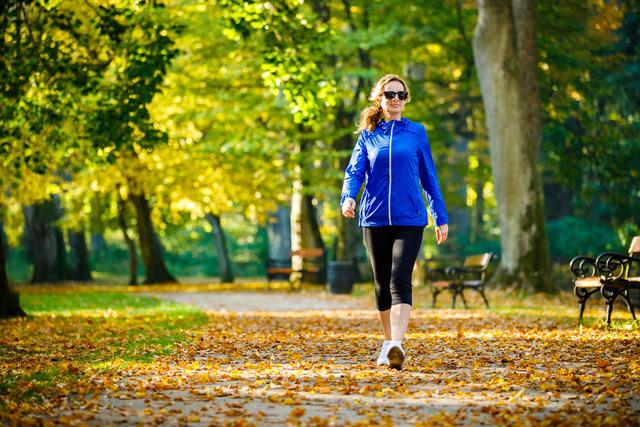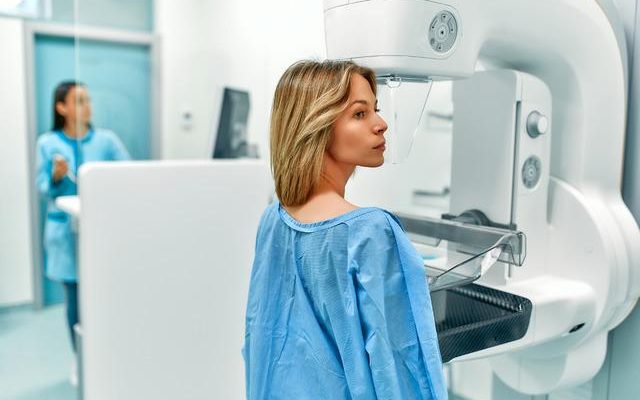Various studies on breast cancer have examined factors that are effective in reducing the risk. Finally, a study conducted at the London Cancer Research Institute proved that the risk of breast cancer can be reduced by 10 percent.
MYNET | FOREIGN NEWS
REASON UNKNOWN
Approximately 55,400 people are diagnosed with breast cancer every year in the UK and 11,500 women die from this disease. Although it is more common in older women, approximately 5 thousand cases are detected in women aged 45 and under every year.
Experts don’t know exactly what causes it, but risk factors include age, family history, being tall, being overweight or obese, drinking alcohol, and having had the disease before.

STUDY INCLUDING 547 THOUSAND WOMEN
Previous research has shown that walking for about 6.5 hours a week can reduce the risk by up to 30 percent.
The latest research, published in the Journal of Clinical Oncology, examined data from 19 studies involving more than 547,000 women worldwide.

They were followed for an average of 11.5 years, and 10,231 people were diagnosed with breast cancer before menopause.
Women who were among the most active 10 percent were 10 percent less likely to develop the disease than those who were least active, after adjusting for BMI.

WALKING, CYCLING AND EXERCISE
As a result of the study, it was announced that exercises such as going for walks, cycling and other sports help reduce the possibility of developing breast cancer before menopause and are the most beneficial method among those who are active.
Dr Michael Jones, from the Institute of Cancer Research London, said: “These findings add to the strong evidence that being physically active is good for our health. Our research shows that engaging in higher levels of physical activity in leisure time is associated with a reduced risk of pre-menopausal breast cancer.” “We still need to better understand the biology behind the link between physical activity and reduced breast cancer risk.”
Dr. from Breast Cancer Now Simon Vincent said breast cancers in younger women “tend to be more aggressive and are diagnosed at a later stage”.
Vincent used the following statements in his statement:
“Therefore, we urgently need to find new ways to prevent people from getting the disease. While we can’t predict who will get breast cancer, there are some things people can do to reduce their risk of developing breast cancer. This research encourages women to make small, healthy lifestyle changes that can positively impact their health.” “It highlights how vital it is that we support their start-up.”

